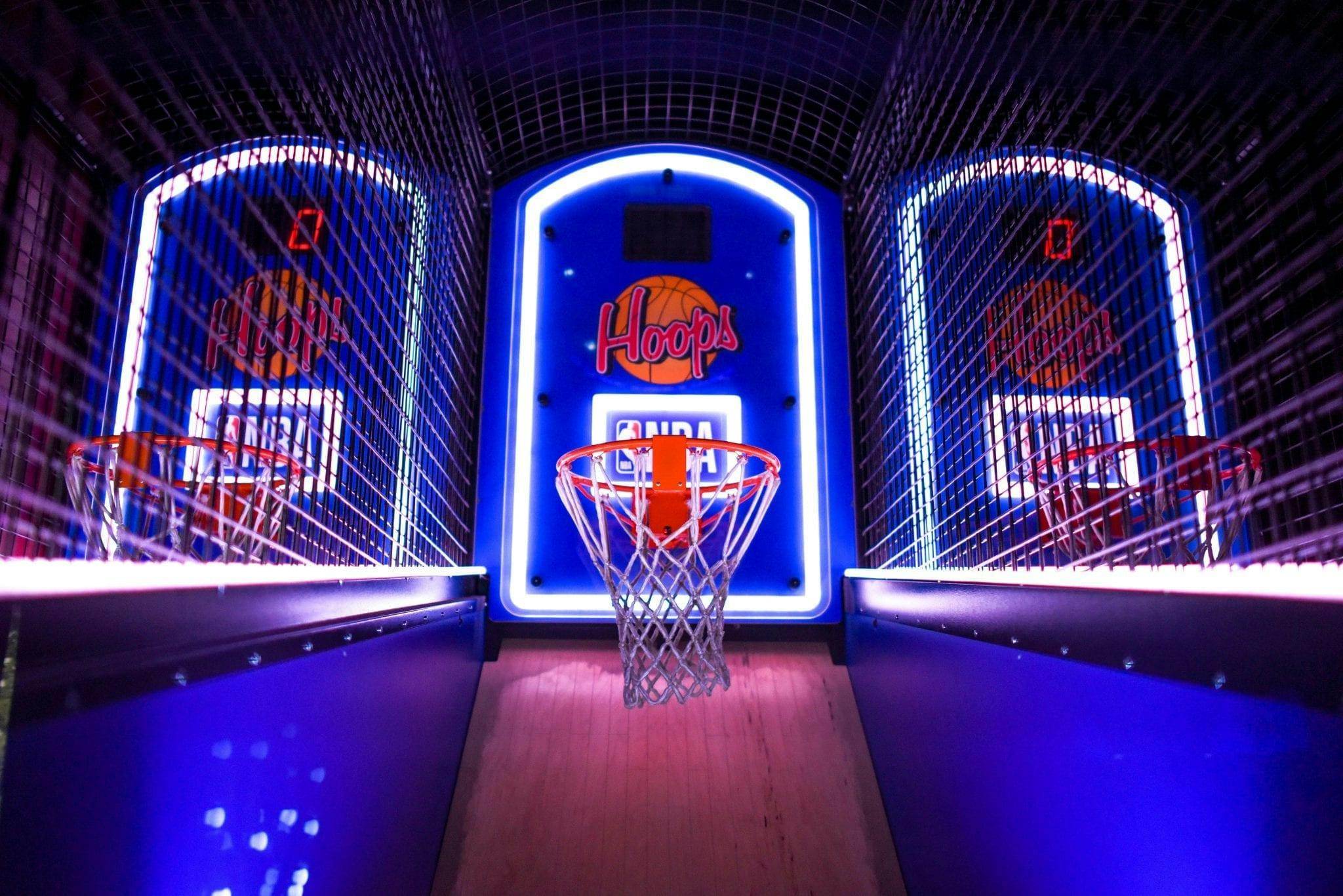Millennial Learning Styles
Published
August 27, 2019
Author
Share

Millennials are moving into the workforce as fast as Baby Boomers are leaving, making it essential for us to understand the principal millennial learning styles of our younger generation.
In our technological age, millennials have basically grown up with technology as an extra limb, where being without a mobile device is a rarity. Accommodating young people is pivotal in the motivation and increased performance of the modern employee.
The needs and preferences of millennials must be met for the successful integration of younger generations into the workforce. According to the American Psychological Association (APA), engaging the millennial learner is successful when variety is offered. We have gathered ways in which a variety of millennial learning styles can be incorporated into your employee learning strategy.
Millennial Learning Characteristics
- Millennials have a short attention span.
- They are comfortable using technology.
- Millennials prefer interactive and collaborative learning.
- Millennials are good at multitasking.
- Millennials are visual and auditory learners.
Implement gamification techniques
Adding gaming elements to mandatory training modules (usually in the form of microlearning) is responsible for boosted engagement and productivity of employees, specifically millennials. Young people’s familiarity with technology is advantageous to their completion of mobile-based learning, as the volume of the material taught is increased in a shorter amount of time. Gamification includes the implementation of gaming elements, such as leader boards, point scores, and real prizing. Recognizing employees is important for their self-esteem, resulting in increased productivity and self-confidence.
Start Developing Courses Adapted for Millenial Learners with SC Training (formerly EdApp) Microlearning Authoring Tool
Encourage self-directed and flexible learning
Flexible learning is instantaneously appealing to millennials as they feel supported and suited. Mobile learning allows users to progress through their microlessons wherever and whenever suits them. This is also beneficial for employers as important working hours do not have to be sacrificed for training time. When employees feel valued, they tend to perform better which is another reason why flexible learning must be encouraged.
Ensure information is relevant
Relevant information is vital for the understanding, absorption, and retention of new information. A psychology professor at Roosevelt University in Chicago, Steven Meyers, concluded that millennial learners perform at their optimum when teachers connect lessons to real-life scenarios. A second psychology professor, Sheryl Harman, of Miami Dade College, suggests that teachers must communicate to students how the course content is beneficial and how students will be assessed.
Teaching Millenials
Millennials are clearly exploratory learners, benefiting from customized learning programs. Active learning approaches are pivotal to the extent of millennial learning style mastery. An example of these is the utilization of collaborative learning and peer authoring. This creates a support network amongst learners, providing them with more confidence and assistance when needed. Peer authoring allows for constructive feedback to be left on microlessons, for the continual improvement of learning strategies.
You may also be interested in our article about the cone of experience!
If you would like to learn more about generational learning styles and how to build the most effective Millennial training strategy, sign up with SC Training (formerly EdApp)!
If you’d like to know more about how SC Training (formerly EdApp)’s mobile learning platform can help your internal training practices, get in touch at enquiries@edapp.com. You can also try SC Training (formerly EdApp)’s Mobile LMS and authoring tool for free by signing up here.
You might also be interested in, https://training.safetyculture.com/blog/short-attention-spans/
Source
American Psychological Association (APA): Engaging the Millennial Learner
Curated course examples
Author
Guest Author Daniel Brown
Daniel Brown is a senior technical editor and writer that has worked in the education and technology sectors for two decades. Their background experience includes curriculum development and course book creation.